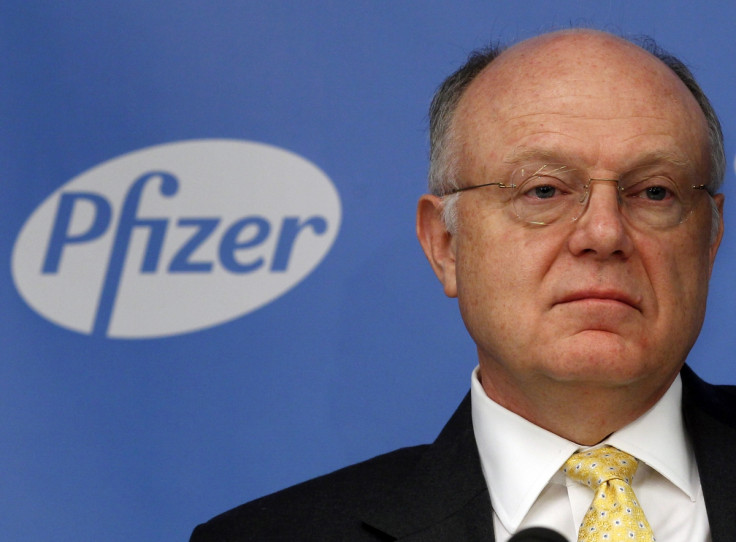Pfizer to Explore Favourable Tax Inversion Deals Despite US Curbs
New rules limit value of deals, says pharmaceutical company CEO

US drugmaker Pfizer will actively explore tax inversion deals despite new rules to curb such deals, as the company looks to reduce its tax burden amid declining revenues.
In a conference call with analysts, chief executive Ian Read said the new rules set by US regulators are making it harder for companies that look to change their headquarters overseas.
"Recently there has been a lot of attention paid to deals involving re-domiciling and the proposed regulations announced by the treasury department, which make it more complicated and also potentially limits value that could be created by US companies that re-domicile," Read said.
He added that re-domiciling is still one potential source of creating value for Pfizer.
"As we've said previously we will look at any business development opportunities based on strategic-fit including operational, portfolio and financial synergies. We continue to evaluate a broad set of potential options on a case-by-case basis to accelerate value creation to shareholders," he said.
However, the fact that treasury is retaining their ability to make further changes without notice is of concern, Read noted.
US companies, especially in the pharmaceutical sector, has been looking to acquire foreign peers and shift their tax base from the US, which has one of the highest corporate tax rates in the world. Accountants KPMG estimates the US net effective corporate tax rate is 40%.
US regulators, who are worried about the rising number of companies leaving the tax regime, recently established rules meant to discourage such deals.
This led to US drugmaker AbbVie scrapping its $55bn deal to buy Dublin-based drugmaker Shire two weeks ago.
Pfizer reported revenues of $12.3bn for the third quarter, a 2% decline from last year. Meanwhile, third-quarter profit increased 3% to $2.7bn.
Earlier this year, Pfizer tried to buy AstraZeneca for $114bn (£69.6bn, €88.6bn), but failed in the attempt amid stiff opposition from the UK-based company.
Subsequently, the company reportedly approached rival Actavis Plc for a possible acquisition deal.
© Copyright IBTimes 2025. All rights reserved.






















